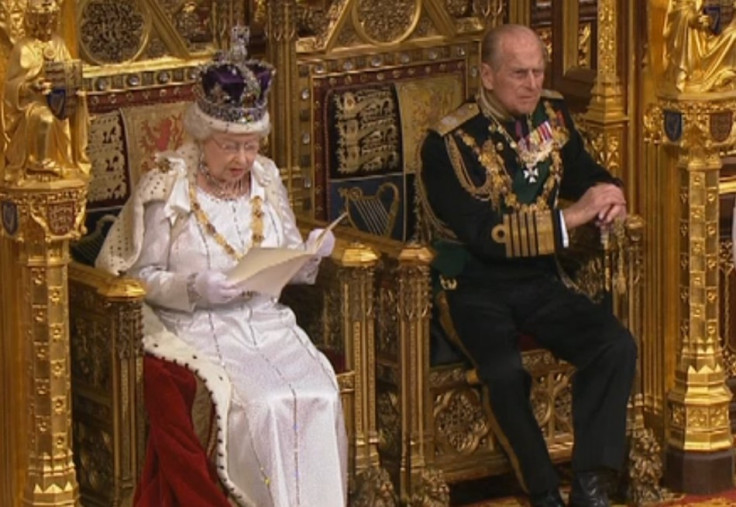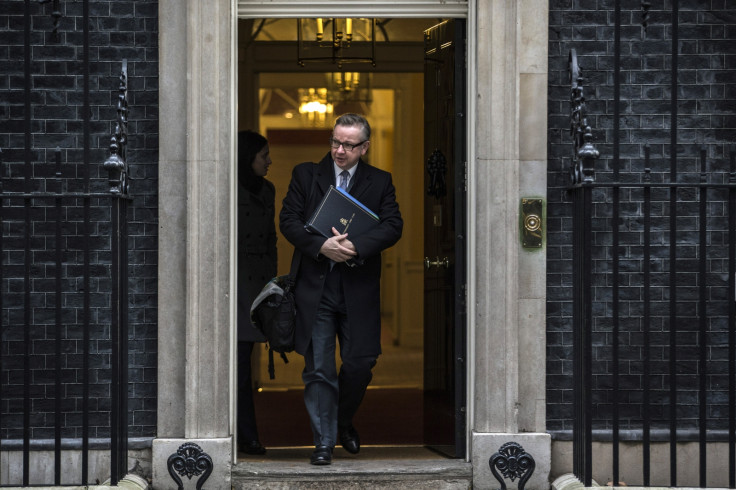David Cameron reverses plan to scrap Human Rights Act after pressure from senior Tories

Prime Minister David Cameron appears to have reversed his position on scrapping European human rights laws – at least in the first year of his government.
Although he and other senior Tories have been touting a British Bill of Rights to replace European human rights laws – it was a key plank in the Conservative election manifesto – it will not be in the Queen's Speech presented on 27 May.
Other senior Conservatives, include Dominic Grieve, the former attorney-general, David Davis, the former shadow home secretary, and Andrew Mitchell, the former chief whip are opposed to the new Bill, reported The Times.
It also reported that some serving ministers have threatened to resign if the Bill is introduced – and with a majority of only 12, Cameron's wriggle room is limited.
It would be 'odd if we didn't consult widely'
Despite detailed legislation drawn up by Conservative lawyers during the last parliament, a government source told The Times it was now more important to get the Bill "right, rather than quickly", adding it would be "odd if we did not consult widely".
Justice Secretary – and Lord Chancellor – Michael Gove is in charge of scrapping the 1998 Human Rights Act and limiting the force on British courts of the European Convention on Human Rights.

Senior government figures urged Gove not to rush the reform. "I would urge him not to go for it in the first three months," one member of the cabinet was quoted as saying. "Departments have to deal with spending cuts in that period too."
Sir Brian Leveson – who headed the Leveson Inquiry into the British media – supported the European convention, telling an audience at the Hay Festival that it had been brought in as part of Europe's recovery from the Second World War. "I do not consider myself 'crushed by the European jackboot'," he said.
Amnesty International has paid for double-page adverts in the national press, signed by more than 1,000 people who back the "Save the Act" campaign.
It said: "The Human Rights Act protects us all, especially society's most vulnerable. It protects women fleeing from domestic violence. It makes it safer to be gay. For those of us who are disabled, it ensures we can get the support we need to live a dignified life."
Elsewhere in the Queen's Speech, the government will present plans to further Scottish devolution. It will also present plans to give English MPs more say over measures that only affect England.
It will introduce new counter-extremism bill aimed at tackling radicalisation, as well as proposing legislation to ban so-called legal highs.
Cameron said the speech would set out a "clear vision for what our country can be".
The prime minister added this would mean that "wherever you live you can have the chance of a good education, a decent job, a home of your own and the peace of mind that comes from being able to raise a family and enjoy a secure retirement".
Labour said the reality would be "very different from the rhetoric", while the Liberal Democrats will accuse the Tories of abandoning liberalism.
Harriet Harman, Labour's acting leader, said the Conservatives wanted to "set the nations of the country against each other" and threaten "basic rights at work".
© Copyright IBTimes 2025. All rights reserved.





















